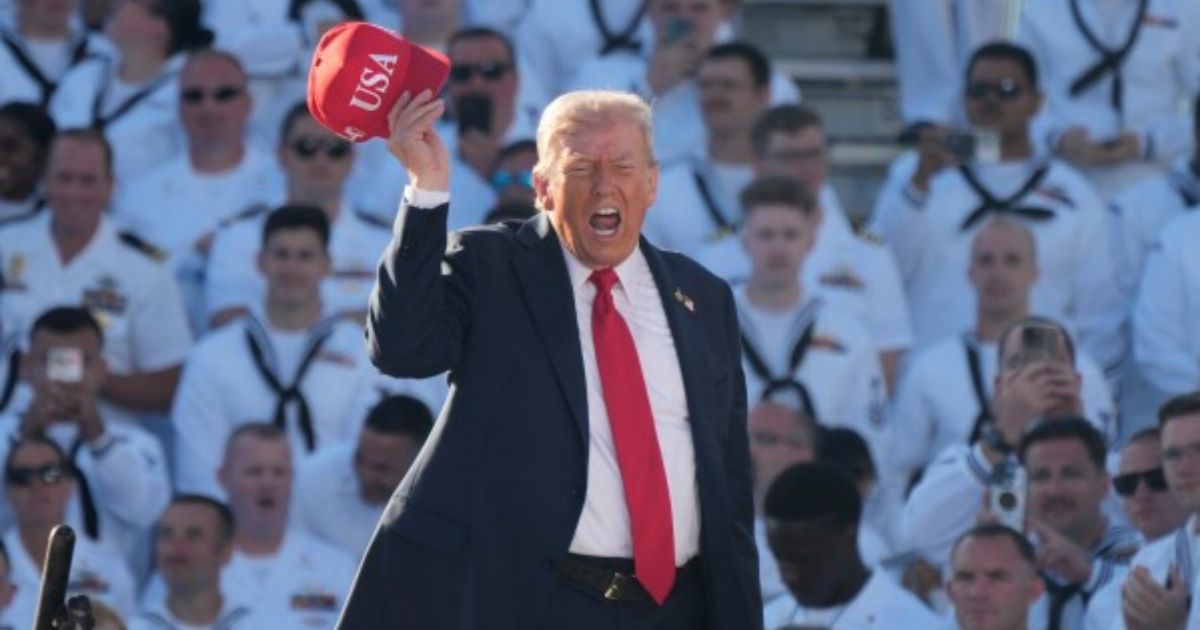Lawmakers and regional experts are sounding the alarm as President Donald Trump ramps up a military campaign aimed at Venezuela’s regime and criminal networks, a strategy critics say risks sliding the United States into a new conflict. In recent weeks, the administration has surged warships, aircraft, and thousands of troops to the Caribbean while ordering repeated airstrikes on small boats accused of smuggling drugs off Venezuela’s coast.
Trump has declared an “armed conflict” with Venezuelan-linked drug traffickers that his team labels international terrorists, a move that expands his claimed war powers and blurs the line between policing and war.
Trump has confirmed that he authorized the CIA to conduct covert operations in Venezuela. He has also suggested the campaign could escalate beyond the sea, saying the United States might “stop them by land.” Two people familiar with the covert directive described it as authorizing aggressive agency action against the Maduro government and associated traffickers, even if it does not explicitly call for overthrowing the regime.
Since September, the U.S. military has hit multiple vessels near Venezuela, with Trump touting the deaths of suspected smugglers and his aides framing the attacks as a necessary response to “narcoterrorists.” The Pentagon says the operations sit within the law of armed conflict. Critics in Congress and legal scholars argue the president is stretching authority without a declaration of war or transparent evidence about who is being killed.
Some of Trump’s own former colleagues warn the mission is drifting. “The U.S. is at a turning point, Washington needs to decide what it wants,” said Geoff Ramsey, a Venezuela expert at the Atlantic Council. “The president came to office campaigning to end endless wars, but he’s found himself now championing what may be America’s longest war, which is the war on drugs.”
Tom Shannon, a veteran diplomat who served as undersecretary of state and led Western Hemisphere affairs, cautioned that land attacks inside Venezuela would be an escalation with political undertones. “It would certainly ratchet things up if they began doing strikes on land, inside Venezuelan territory, especially if those strikes had a political purpose,” he said. He added that the administration is not being clear with Americans about its endgame, and that the deployment appears “way oversized” for a pure counter-narcotics mission.
Strategists are also flagging the legal and strategic fallout. Geoffrey Corn, a retired Army officer who heads the Center for Military Law and Policy at Texas Tech, wrote that actions framed as limited boat strikes can trigger something far bigger. In his analysis, what begins as interdiction can “quickly expand to an interstate war” and unleash second and third-order consequences that are harder to manage than defeating an enemy at sea.
Venezuela’s rulers are responding with defiance. Trump has accused President Nicolás Maduro of running a drug cartel, while Caracas has mobilized civilian militias and blasted the United States for “irrationality.” Analysts note the Venezuelan military is poorly prepared for a direct clash with U.S. forces, yet possesses asymmetric tools like intelligence, infiltration, and disinformation that could complicate any operation.
The precedent of invoking wartime authorities to hit suspected traffickers far from U.S. shores invites blowback, empowers copycat claims by other governments, and risks mission creep with no clear political strategy. Even supporters of tougher regional policy acknowledge that clarity is lacking on what success looks like and what comes after the strikes.









